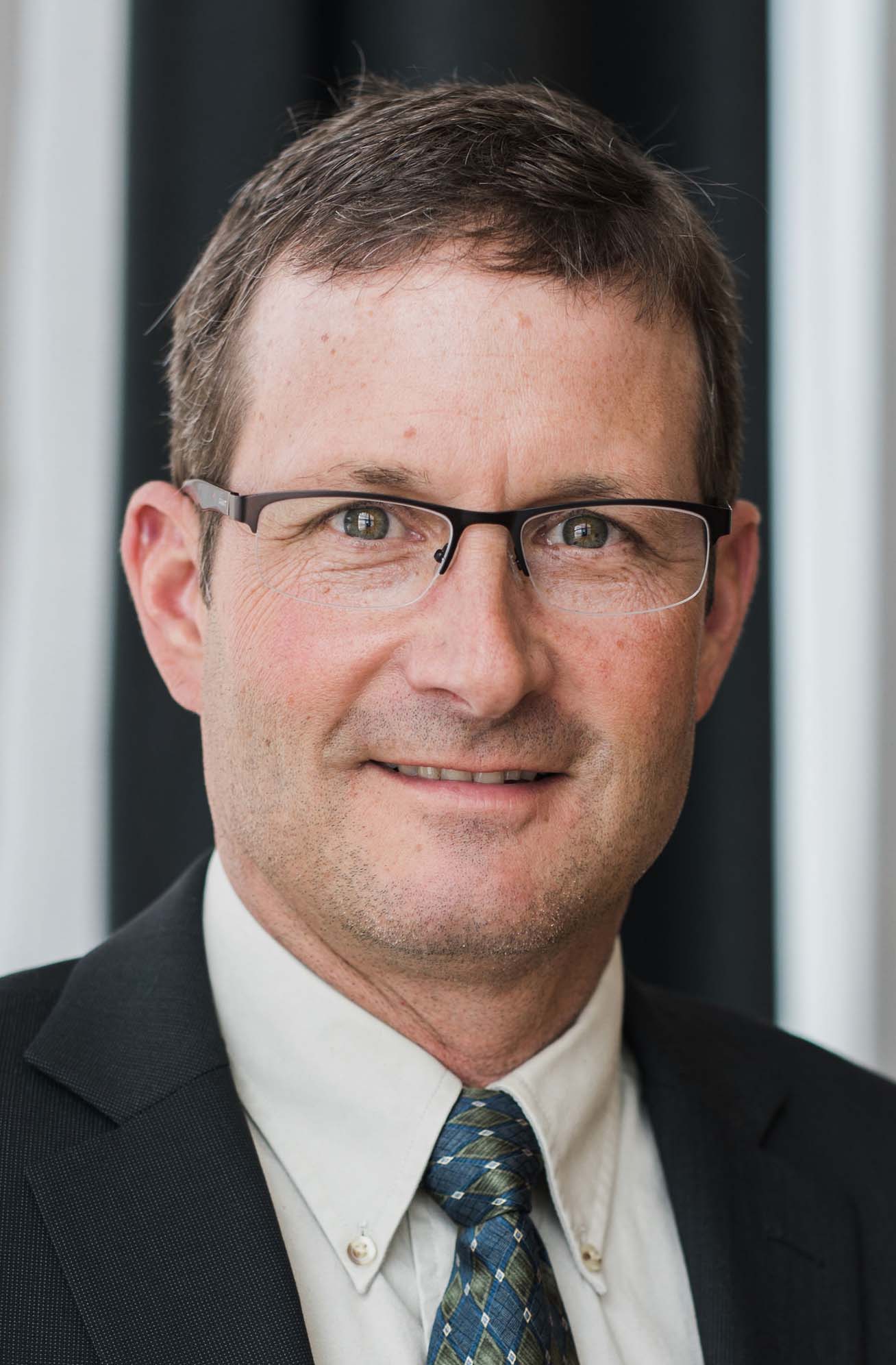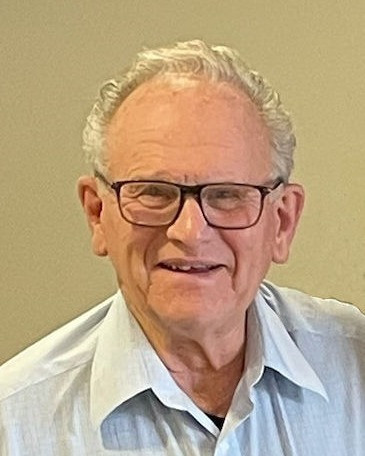Johnson discussed Annual Meeting Theme ‘Due Diligence’
the future of Golden Growers Cooperative. “For the most part, we discussed the potential of achieving a long-term joint venture with Cargill OR a buyout of Golden Growers interest at the end of 2026 for an agreed upon price of $81 million.” Johnson explained that a successful joint venture would depend on co-locating a project at the ProGold site that would consume a significant portion of the grind. Whether or not that will happen will depend on numerous factors that are not within the cooperative’s control. “One major concern related to Wahpeton appears to be solved with the anticipated natural gas pipeline,” said Johnson. “Even if all of the factors are resolved favorably, Golden Growers and Cargill need to negotiate a reasonable joint venture agreement,” relayed Johnson.
Johnson stated that the Board then considered the idea of utilizing a portion of the $81 million in a different enterprise for the benefit of our members. “We reasoned that starting an agricultural processing facility from scratch would be unrealistic due to cost and timing.” The board determined they would need to look at becoming an equity partner in an existing operation that processes a crop raised by members that is also in a location to allow deliveries. “It would need to deliver equal or better returns, than the current situation,” said Johnson. Member demographics was also a consideration. After 30 years, some members may want to ‘cash out’ and walk away. “Could we give members the ‘option’ of taking a payment or continuing into a different venture?” asked Johnson.
Since GGC is a Securities and Exchange Commission (SEC) reporting company, we have to consider how any idea would be viewed from a securities point of view. SEC registration and compliance is significant portion of GGC’s operating overhead, as high as $173,000 in 2012 to a low of $70,000 in 2021. “We asked our securities law firm Fredrikson and Byron to examine our questions.” We were informed that: a) allowing members to ‘opt out’ vs continue would be considered a ‘tender offer’ and would require a substantial and costly disclosure; b) with our membership structure, it would be nearly impossible to avoid future securities registration. The simplest way to avoid securities registration would be to dissolve Golden Growers, send the money back to our members, and offer them an option to re-invest in a totally different cooperative organization. “Clearly, once the money is out the door, it would be a pipe dream to think our members would re-invest in something new, no matter how good it might look,” continued Johnson. Based on these in-depth discussions and evaluations, “the Board determined that it will not be feasible to consider an alternative enterprise.”
Tax implications of a buyout are also being reviewed. “What strategies, if any, could we pursue that would lighten the tax load for our members?” asked Johnson. After some discussion with our accounting and tax firm Eide Bailly, we learned that a share in a partnership (GGC members’ situation) is not considered ‘real’ property for 1031 tax free exchange purposes.” Strategies to convert ownership just for this purpose is being carefully watched by the IRS and would most likely be disallowed. “We’ll continue to review and consider our options and report what we’ve learned at an appropriate time.”
Johnson then went on to discuss the future of Golden Growers Cooperative if Cargill doesn’t find a co-location partner for Wahpeton OR if GGC and Cargill are unable to negotiate a fair long-term joint venture agreement. “If there are no viable alternative options, Golden Growers will likely need to dissolve,” said Johnson. The cooperative would need to: 1) Present a plan to dissolve for approval by the membership; 2) File a notice of intent to dissolve with the MN Secretary of State; 3) Collect and pay all debts; 4) Distributed all remaining assets; and 5) File articles of dissolution with the MN Secretary of state. “If Cargill would buy our interest in ProGold in late 2026, we would like to have funds distributed and shut down operations in the first quarter of 2027.” Johnson warned that the Board doesn’t know Cargill’s intentions at this time. “In any case, because we allocate income based on patronage, we are likely to continue annual delivery requirements through 2026.”
Should the Board decided to dissolve the cooperative, certain actions will need to be completed if we are to conclude business in early 2027. We would like to know if no long term join venture with Cargill is possible by late 2025 for Golden Growers to timely complete those activities. “The clock is ticking. And each day, week, and month we get closer to December 31, 2026. Without a prospective co-location partner at Wahpeton, the likelihood of any long-term joint venture with Cargill decreases while the likelihood of dissolution increases,” concluded Johnson







